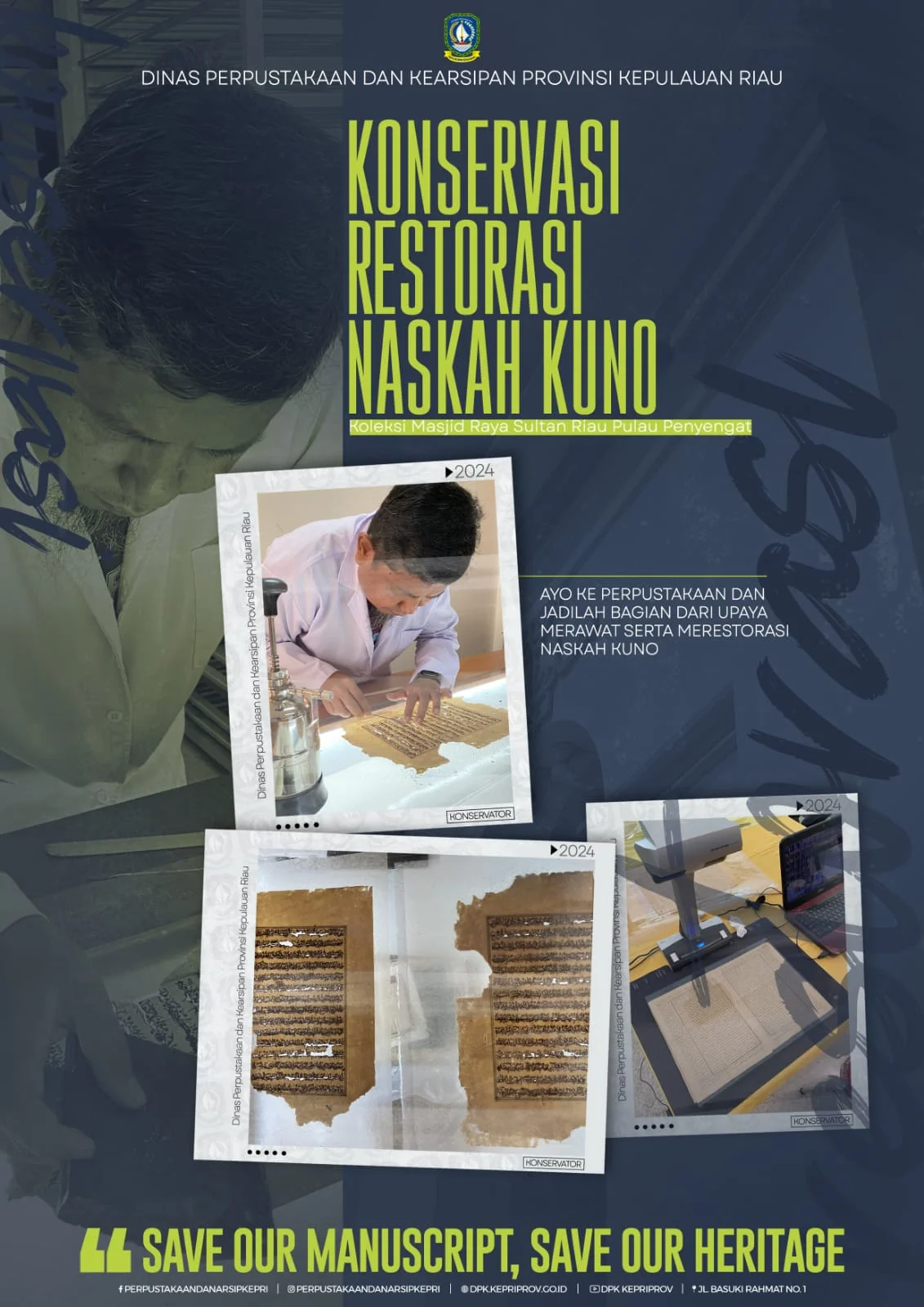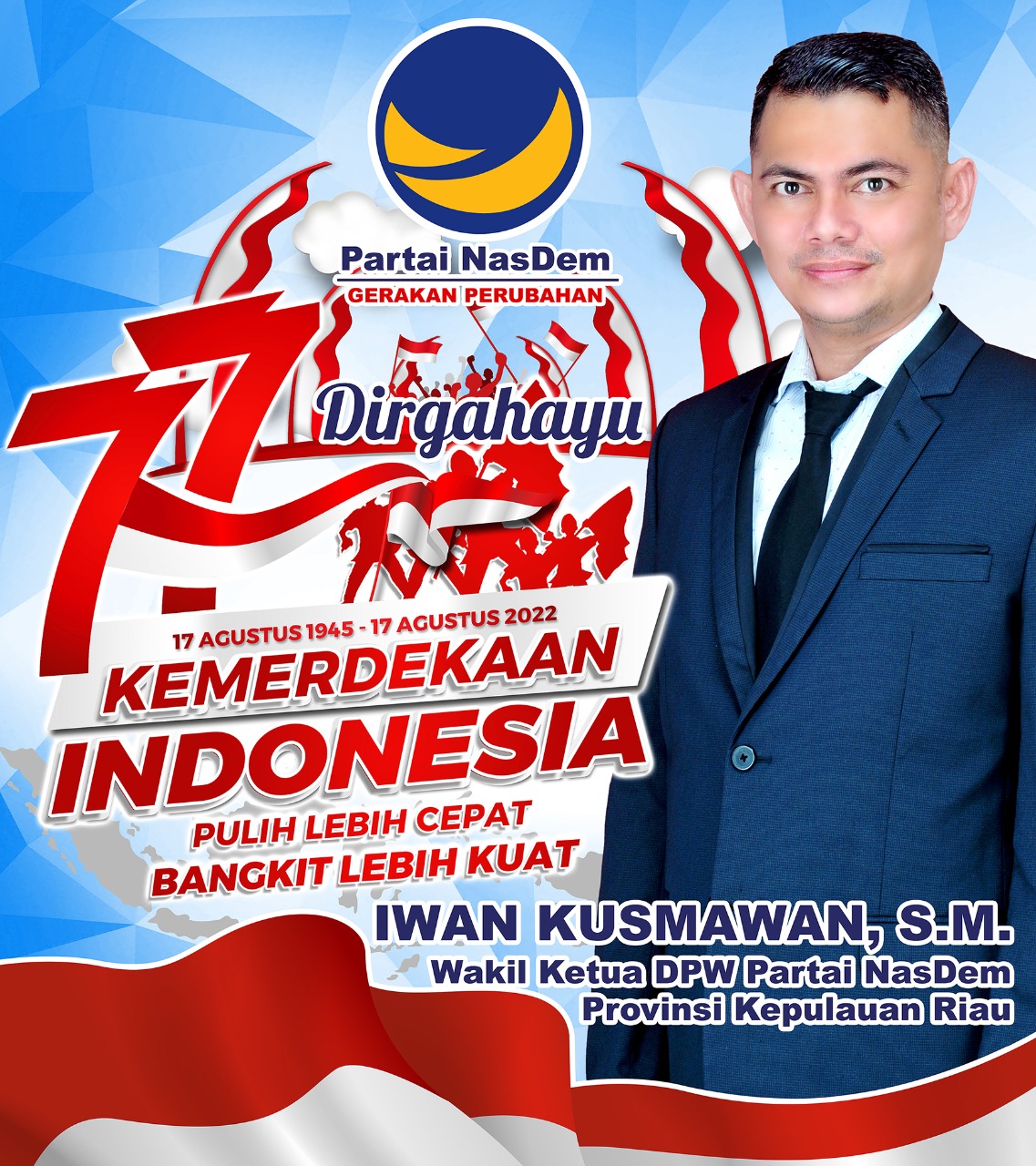In today’s globalized society, intercontinental relationship is becoming more and more prevalent. People from various nations meet in person to marry, find each another online and through social networking sites. The most crucial factor in an international union is the desire for love and companion, despite the countless components listed above. Countless couples battle to overcome difficulties in their relationships and marriages. Nevertheless, some couples succeed in overcoming these problems and lead happy lives together. The interactions of worldwide unions and how do they impact engaged people’ well-being are explored in this article.

Using a quantitative view, this study explores the experiences of foreign individuals in China who have properly married Chinese colleagues while pursuing their studies in China. Studies reveal that these spouses embrace shared understanding and make personal choices in order to manage their disparities and succeed in their cross-cultural connection. Their strong ties to one another and their willingness to accept each other’s social preconceived notions and personal traits enable them to accept their differences and overcome prejudices due to their historical, spiritual, racial, and national backgrounds dating services in italy.
In a number of ways, this article improves the literature on international marriage ( Imm). It emphasizes how intricately relocation and tradition intertwine in Imm. Specifically, it addresses strength interactions in Imm, which are often influenced by the migrant sister’s interpersonal placement in her home nation and the dad’s sociable ranking in their fresh residences. Additionally, it is discussed how some migrants are more adept at navigating and resolving disputes between their different ethnic standards than others, and how minor issues like eating habits or how holidays you cause discord in the Imm framework.
The members’ testimonies further demonstrate how they are able to effectively adapt and integrate into their new cultures by strengthening their ties to various social systems in both locations. For example, participant Is-5 grew attached to three distinct social groups in China —her family, her Korean friends, and the international students ‘ group —and felt integrated into their communities. She believed that her multidimensional cultural associations in China facilitated her ethnical version and well-being in the country.
Additionally, the study found that Chinese spouses’ proficiency in other cultures enables them to adapt more effectively to their families’ nations of origin. They are able to navigate the complex sociocultural environment in their families’ houses with the help of this linguistic improvement, which promotes more powerful communication.
In the end, the findings highlight how Imm has assisted immigrant wives in creating more diversified and flexible personalities in their host societies. This is especially true for South Asian women who married foreigners and were able to create party affiliations in their new societies, which helped them expand their historical knowledge and become more inclusive. Additionally, this operation gave them chances to grow their social aid networks and advance their own well-being. The study also draws attention to some of the difficulties that are present in this area and suggests that more criteria be given to this particular sort of cross-cultural relationship.
















Discussion about this post